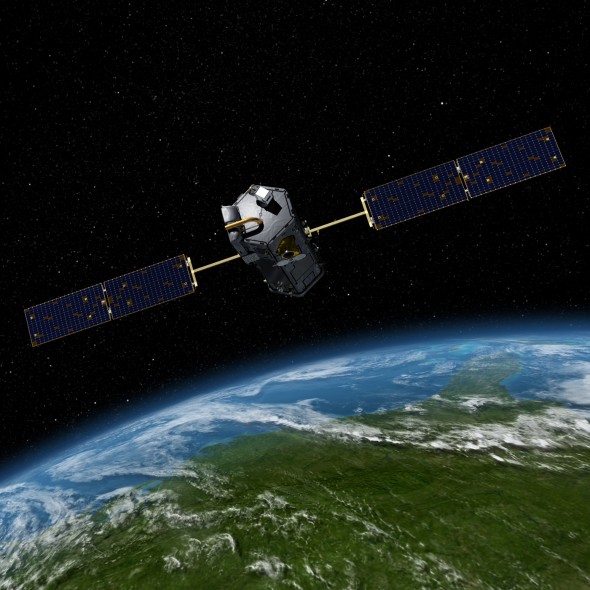Data Mining Reveals First Evidence That Absence Really Does Make the Heart Grow Fonder
Data Mining Reveals First Evidence That Absence Really Does Make the Heart Grow Fonder
Baboons and bonobos spend more time repairing relationships when they’ve grown apart. Now the first large-scale evidence has emerged that humans do this, too.
The proverb “absence makes the heart grow fonder” describes the feeling of greater affection between friends and lovers who are kept apart. It is a phrase that, in on one form or another, can be traced back for millennia—the Roman poet Sextus is credited with the earliest version of the phrase.
There is no shortage of anecdotal evidence that friends and lovers can feel a closer bond when they are apart. But what of hard scientific evidence? Is it really the case that humans feel a greater bond when they are away from their friends and lovers?
Today we get an answer of sorts thanks to the work of Kunal Bhattacharya at Aalto University in Finland and a few pals who say they have searched for evidence to support the proverb by data mining mobile phone records. And they say this clearly shows that humans invest more in relationships when there is a risk of this relationship weakening.

First some background. Anthropologists have long noted that many primates invest more effort in relationships after individuals have been forced apart. For example, baboon mothers spend significant time feeding their young and so have little left for the social task of grooming other adult baboons.
But when the young ones are weaning and the mothers have more time on their hands, they invest even more time than usual in grooming in an attempt to repair any social relationships that have begun to weaken. In other words, absence clearly makes baboon hearts grow fonder.
The same pattern of behavior between individuals who have been apart can be observed in many other animals, including bonobos, elephants, and even hyenas.
So it’s not really a surprise to think that humans might invest more resources to shore up relationships that have somehow become weaker. Nevertheless, good evidence to back up this hypothesis has been hard to gather.
One factor changing our ability to study human communication behavior is the advent of large data sets associated with patterns of communication. In particular, the data associated with mobile phone use has become a rich source of empirical evidence about all kinds of human activity, such as travel, wealth distribution and mating patterns.
Now Bhattacharya and co have mined this rich vein for evidence that absence makes the heart grow fonder. They analyzed a large data set of call records from a European country spanning seven consecutive months in 2007.
Their hypothesis is that the strength of relationships is reflected in the number and duration of calls between individuals. The question they attempt to answer is whether people invest more time in relationships that matter when these relationships are at risk. “Friendships require constant time investment for their maintenance, and failure to match quite specific investment schedules leads inexorably to a rapid reduction in relationship quality,” they say.
Their first task was to measure how often pairs of people contact each other and how the time between calls varied over time. In particular, they focused on pairs who were geographically separated and so unable to meet easily. They then measured how the duration of the calls varied as the gap in time and distance increased.
The results make for interesting reading. They found a clear increase in the duration of calls between people when the time since the last call was greater than average. In other words, people spend more time catching up when they have been out of contact for longer. “Our findings demonstrate a logarithmic increase in call duration with an increase in inter-call gap between a pair of individuals,” say Bhattacharya and co.
But they also found a number of caveats. The effect is significantly more pronounced when males call other males and females call other females and when younger people, particularly those in their 30s, call each other. In particular, the effect is stronger for people separated by larger distances. “These results suggest that when individuals fail to contact each other frequently enough they compensate by devoting more time to the next call,” says the team.
In other words, humans are just like other primates, and many other social animals, when it comes to maintaining relationships.
Of course, this evidence says nothing about the way people feel when they make these calls—whether there is actually an increase in “fondness.” But if the amount of time devoted to a relationship is a proxy for this kind of emotion then the conclusion is clear—for all of us, absence does indeed make the heart grow fonder.
Ref: arxiv.org/abs/1608.01842: Absence Makes The Heart Grow Fonder: Social Compensation When Failure To Interact Risks Weakening A Relationship

Leave a Reply